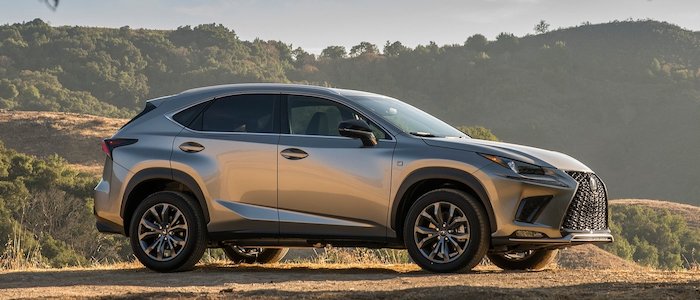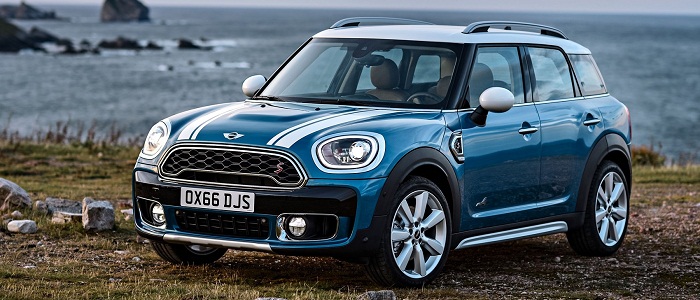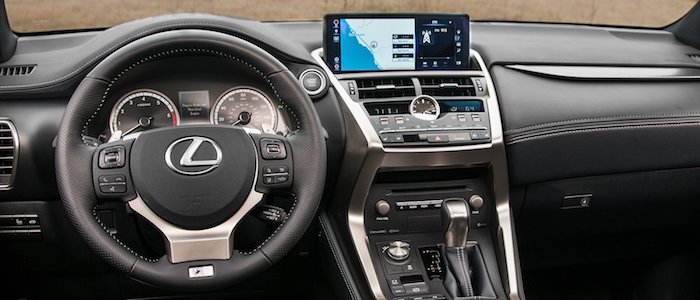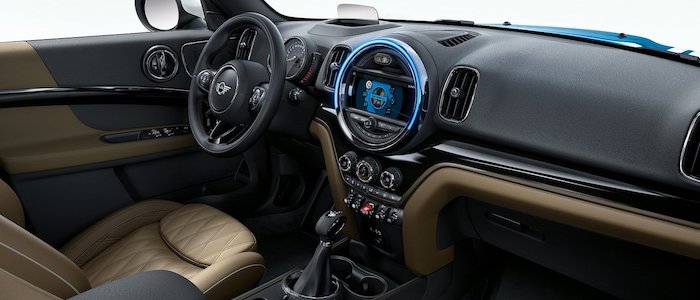Compare two cars
Compare any two cars and get our Virtual Adviser™ opinion
Dimensons & Outlines
Check vehicle history
Engine
Performance (manual gearbox)
Performance (automatic gearbox)
Expenses
Virtual Adviser's™ opinion
Well, these are two pretty similar cars we have here! It's only details that could potentially make the difference. Considering they both belong to the suv segment and utilize the same 5-door suv body style and the front wheel drive system, it all comes up to the specific petrol engine choice they offer. The first one has a Toyota-engineered powertrain under the hood, a 4-cylinder, 16-valves 245hp unit, while the other one gets its power and torque from a 4-cylinder, 16-valves 192hp engine designed by BMW.
SafetyBoth vehicles got tested by European New Car Assessment Programme (Euro NCAP), with the same number of safety stars gained in the process. That aside, let's consider some other aspects which affect safety. Both vehicles belong to the suv segment, which is generally a very good thing safety-wise, still it doesn't help us solve our dilemma, does it? Furthermore, when it comes to weight, a factor that most people underestimate, the Japanese car offers a considerable difference of 25% more metal.
ReliabilityManufacturers have been building their reliability reputation for decades now and, generally speaking, it appears that Lexus does have a slight advantage, at least on all of the models level. These are the results of an independent reasearch, while our visitors describe reliability of Lexus with an average rating of 4.9, and models under the Mini badge with 4.1 out of 5. Unfortunatelly, I don't have enough insight that would allow me to comment in more details on the specific models level. Above it all, drivers of cars with the same engine as the Japanese car rank it on average as 5.0, while the one under the competitor's bonnet gets 3.0 out of 5.
Performance & Fuel economyLexus is a bit more agile, reaching 100km/h in 0.1 seconds less than its competitor. Still, it lacks the power to win the top speed competition, topping at 200 kilometers per hour, 25km/h less than the other car. When it comes to fuel economy the winner has to be the British car, averaging around 6.2 liters of fuel per 100 kilometers (46 mpg), in combined cycle. We can't ignore that 24% difference compared to the Japanese car.
Verdict
Lexus is apparently more reliable, not too much, but just enough. The most important thing when deciding between any two vehicles should always be safety, both passive and active. In my opinion, everything taken into account, the Japanese car offers significantly better overall protection, taking the lead here. From there things take a different direction, with Mini offering somewhat better performance, just enough to call it quicker. To make things even better, it consumps less fuel! It's really tough to make a final decision here, but if I'd need to, I'd say Mini. Anyway, that's the most objective conclusion I could've came up with and it's based solely on the information found on this website. Aspects such as design, practicality, brand value and driving experience are there for you to measure them out. I suggest you spend two more minutes in order to find out which car, based on your needs and budget, would be picked by the virtual adviser™, out of 12.000+ vehicles we currently have in our database.

































